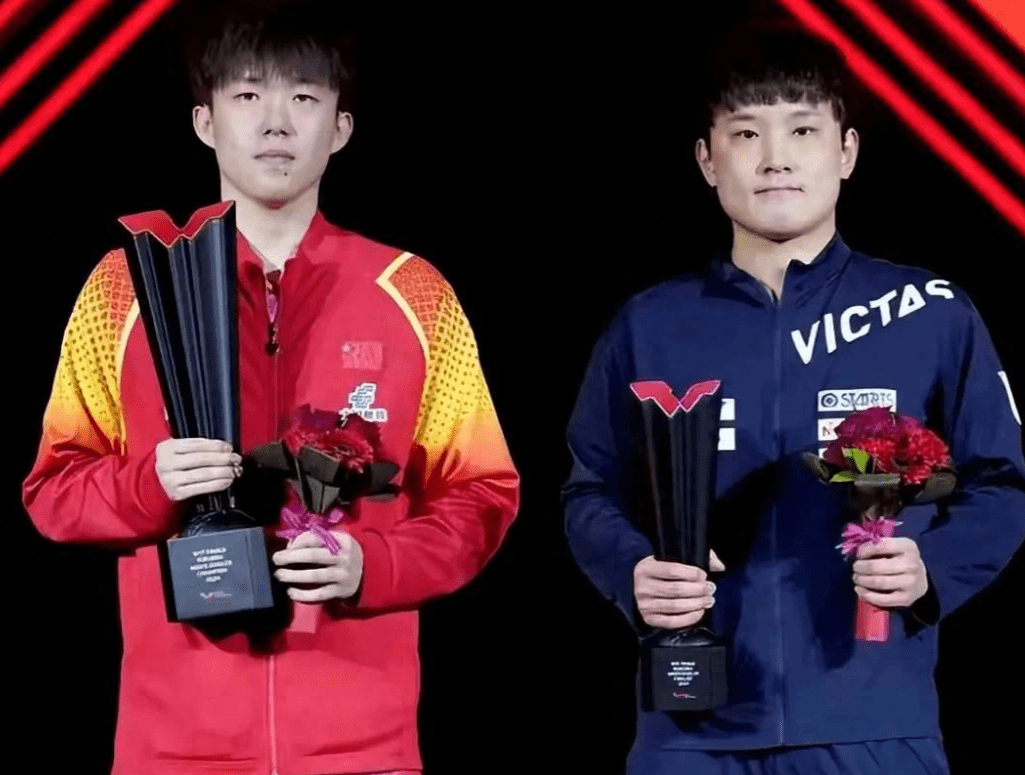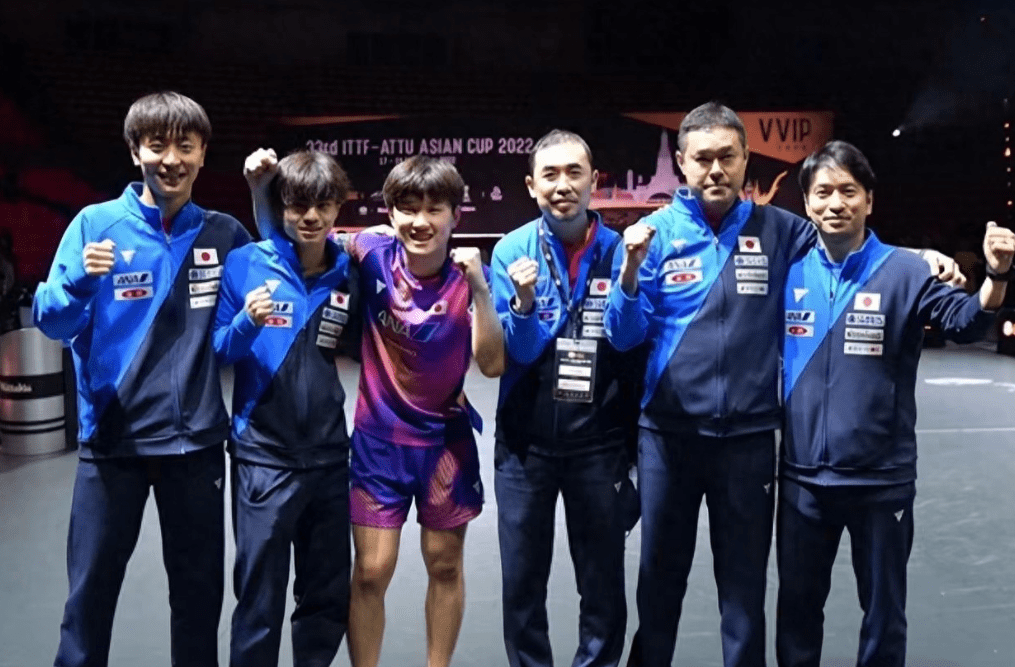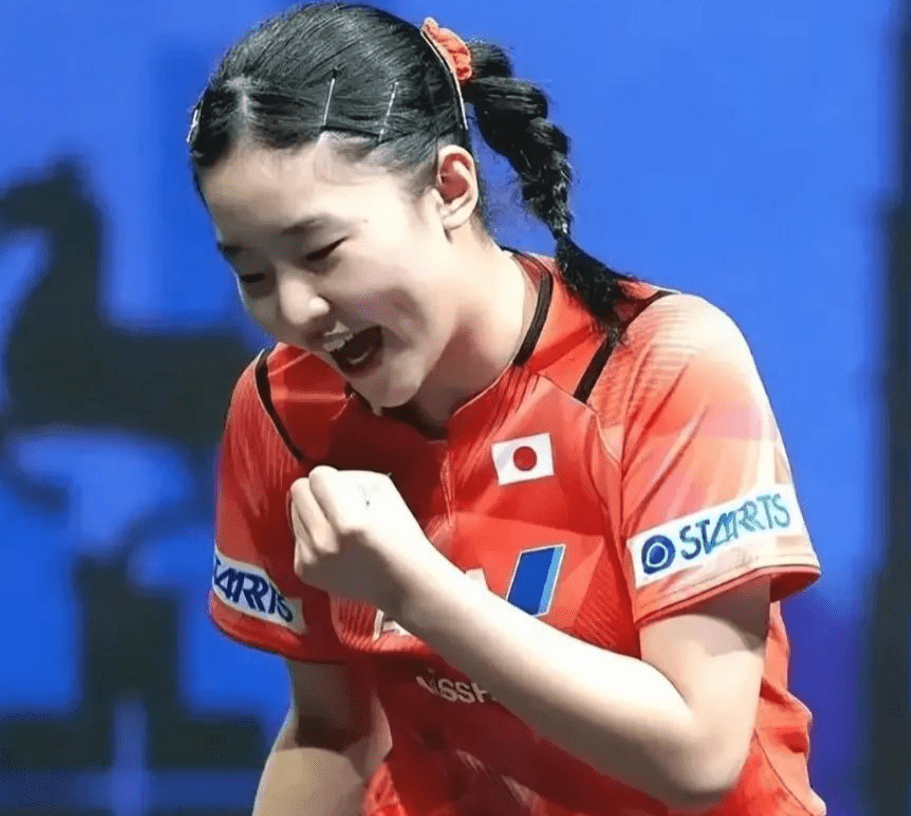Do you think it's courage or an adventure? Zhang Jike, known as the "rising star of Japanese table tennis," recently made a jaw-dropping decision: he announced that he will not participate in the mixed doubles event at the 2028 Los Angeles Olympics but instead focus entirely on the men's singles competition. To many, this choice may seem like betting on an uncertain future, but in Zhang's eyes, it is a bold attempt to reduce physical exertion and psychological pressure, aiming solely for a breakthrough in the men's singles.

Looking back, Zhang Jike's name is well-known. He partnered with Ito Mima in the Tokyo Olympics, achieving a silver medal in the mixed doubles with remarkable teamwork, marking a historic breakthrough for Japanese table tennis history. However, what many might not know is that this silver medal brought him not only glory but also immense psychological burden. After the games, Japanese media and fans regarded him as the future "pillar" of the Japanese team, placing high hopes on Zhang Jike, which also weighed heavily on him, making it hard for him to breathe under the weight of these expectations.

After the Tokyo Olympics, Zhang's state in competitions fluctuated frequently, earning him the label of "lacking in mental fortitude." In the Paris Olympics, he failed to achieve outstanding results, drawing much criticism. Was it due to insufficient strength or divided attention?

Amidst the criticism, Zhang chose to calm down and reflect—perhaps he needed to let go of other distractions and focus on the men's singles to rediscover his original passion and motivation.

This time, family support also played a significant role in his decision-making. Zhang's parents are both Chinese, who introduced him to the path of table tennis from a young age and accompanied him through every tense moment of victory and defeat. When he was exhausted from multi-front battles, his mother's words enlightened him: "Leave your strongest self for the game you most want to win; only then can you be without regrets." Thus, declining the Japanese team's invitation for the mixed doubles at the Los Angeles Olympics became a joint decision made by Zhang and his family.

Speaking of singles, there have been moments of brilliance. At the 2023 Asian Championships, Zhang Jike achieved one of the most important victories of his career.

In this highly anticipated match, he overcame all obstacles, successfully defeating the strong opponent from China, Lin Shidong, and won his first men's singles championship at the Asian Championships. This championship not only ignited Zhang's self-confidence but also marked the starting point of his new plan. Experts commented, "Winning this match is not just a test of physical skills but also a breakthrough in mentality. Zhang Jike has experienced a growth on the psychological level."
However, when it comes to growth, one cannot overlook the ongoing rivalry between Zhang and Chinese players. As "top opponents" in the global table tennis arena, the competition between Chinese and Japanese table tennis players is no longer a fresh topic. Among them, the encounters between Wang Chuqin and Zhang Jike, two peers, are always seen as indicators of the future direction of the table tennis world.
From the World Table Tennis Championships to various open tournaments, their matches always ignite the tense atmosphere on the court, but unfortunately, Zhang often finds it difficult to gain an advantage. This reality of "the opponent being stronger than me" is both pressure and motivation. In the eyes of outsiders, for Zhang Jike to break through, he must find a way to crack the powerful system of the Chinese team, and all of this requires greater focus from him.
The choice to focus on singles to break the current situation also evokes memories of another Japanese table tennis star—Ai Fukuhara. Back then, she also found it challenging to manage both physical and mental energy, gradually shifting her attention back to singles, and in the 2012 London Olympics, she reached the women's singles semifinals, achieving the peak of her career.
Ai Fukuhara's example shows that focusing on a single event is not necessarily a step back but fighting for a clearer goal. Perhaps Zhang was also inspired and chose an alternative path.
Back to reality, can Zhang Jike's decision really lead to a breakthrough in the men's singles? No one can give a definitive answer. But what is certain is that this path will not be any easier than fighting on two fronts. The men's singles competition is where the best gather, with the fiercest competition. Any momentary lapse in concentration can shatter the dream of becoming a champion instantly. For Zhang, this focus not only offers opportunities to enhance his skills but also reshapes his mentality. He seems to be becoming more stable than before, no longer the boy on the court who would hang his head in dejection due to mistakes.
Finally, let's return to the question at the beginning of the article: Is Zhang Jike's decision courage or an adventure? Perhaps the answer does not need to be hurriedly revealed, just like in the complex game of table tennis, the true winner is often the one who overcomes themselves. Zhang's choice this time is undoubtedly his "all-out effort" and another challenge to himself.